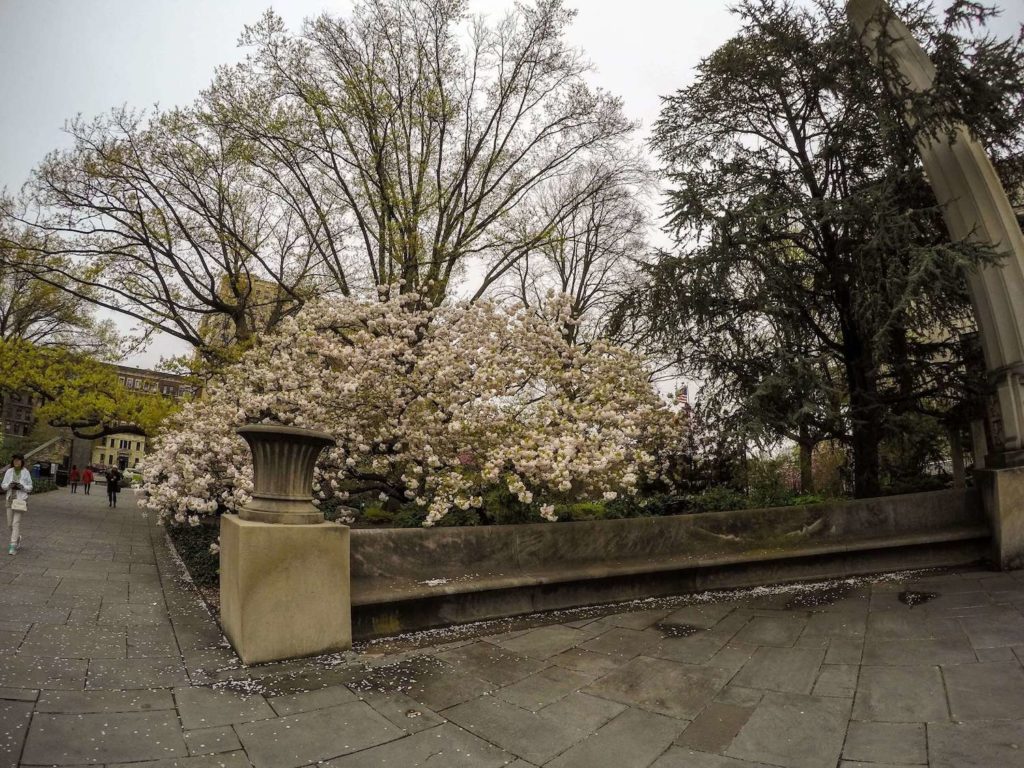
Within the discussion of performance and performativity, geographers have an unusual task of combining social processes with spatial contexts. The paper by Nicky Gregson and Gillian Rose (check out her blog on visual culture!) (2000) tackle this in their research activities as well as in their action of writing the paper. The authors argue that spaces are also performative and bring space into the discussion of performance and performativity through their experiences conducting two separate research projects (Gregson and Rose, 2000). Performance as a process of identity is an interesting perspective that permeates this discussion.
Although very different in nature, the two research experiences of Gregson and Rose are interestingly relatable and insightful. The audience and the performer have different positions in the two settings. In the first, the participants of community art programs were the performers but the process was considered by the participants themselves to be more important than the audience. The participants were discovering and performing new parts of themselves through the process, and they did not see the end product as the most important part of the program. In the second, both participants in the car-boot sales were performing and both were the audience as well. The setting calls for a certain type of performance by the salespeople and the customers, some being more elaborate and others being simpler.
Perhaps one of the most important points of the article is that Gregson and Rose are quite self aware of their performance as part of academia. In the “Reflections” section of the paper, they discuss the somewhat ironic feeling that resulted from coming full circle from the fieldwork through to the writing of this paper. The authors found themselves changed by the process of performing academically. They recognize that the writing and publishing of papers is another type of power play in itself, and that the performance of the research itself was not fully complete until they came together to write this article.
Having started in a new school and campus several times, I could say that I have experienced changes or differences in the performance of myself in different spaces based on what I wish to present to classmates and friends (the audience). This could be an example of “self-cultivation” and “self-deployment,” where one can engage in cultivating identity “through multiple modalities of self” (Blackstock, 1997). This performativity of identity leads to diverse spatial performance. Even in a stable life with no new environments or audiences, I am performing different parts of myself in different contexts and spaces.
Perhaps the stereotyped thinking that people can travel the world to “find” themselves is just the releasing the pressure of needing to perform to a regular audience. When traveling, the traveler is constantly meeting new people and experiencing new environments that their performance can change accordingly. There is no historical evidence of a certain performance that ties you down to the expectations of the audience. This in itself can be freeing, where you can choose to deploy and depict the self you wish to.
Literature cited
BLACKSTOCK, C. G. 1997. Anne Bradstreet and Performativity: Self-Cultivation, Self-Deployment. Early American Literature, 32, 222-248.
GREGSON, N. & ROSE, G. 2000. Taking Butler elsewhere: performativities, spatialities and subjectivities. Environment and Planning D: Society and Space, 18, 433-452.
2 thoughts on “Some thoughts on performance, performativity and subjectivity”